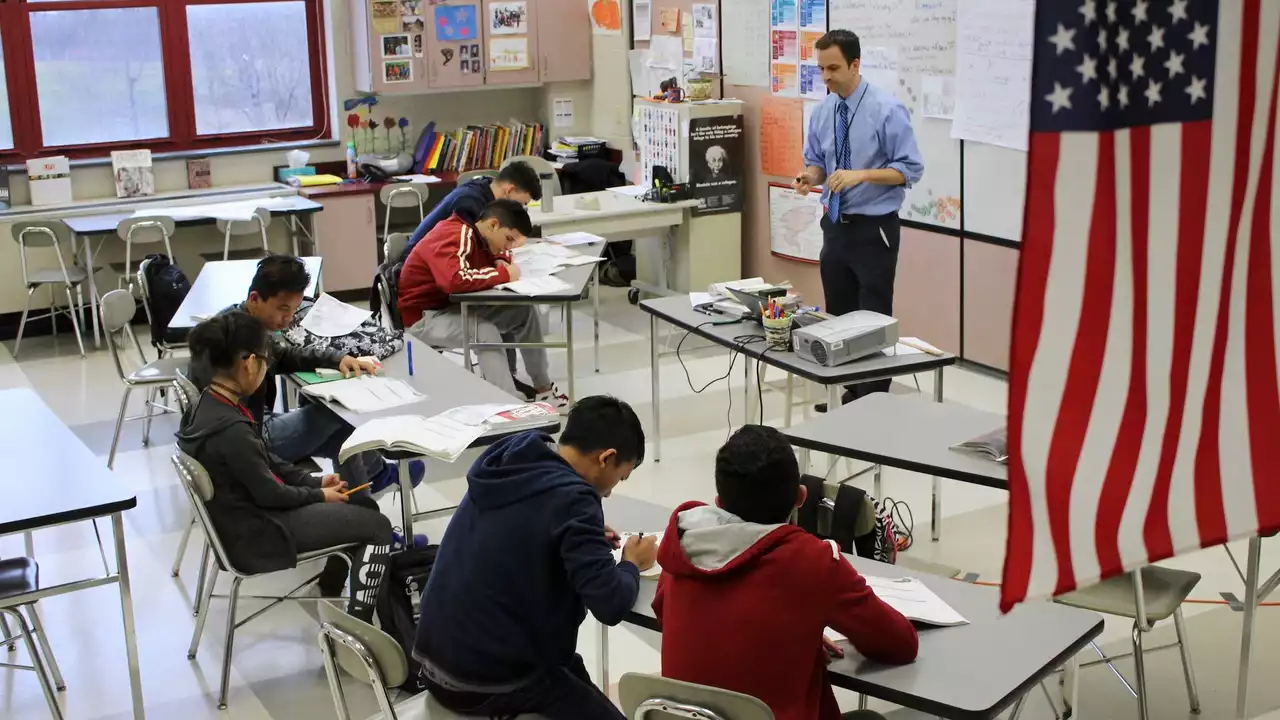Understanding the Concept of Public and Private Schools
The debate between public and private schools is a hot topic that stirs up a range of emotions and opinions. But before we delve into the crux of the matter, it's important to understand what exactly these terms mean. Public schools are funded by the government and are made accessible to all children in a community. Private schools, on the other hand, are funded by tuition fees, private grants, or donations and often cater to specific student demographics.
The Benefits of Public Schools
Public schools play a crucial role in society. They offer every child, regardless of their socio-economic background, the opportunity to get an education. Public schools also provide a wider range of programs and services to cater to the diverse needs of students. This includes special education programs and services for students with disabilities, which are often lacking in private schools. Furthermore, public schools promote social interaction and diversity, as they bring together students from varied backgrounds and cultures.
The Drawbacks of Public Schools
However, public schools are not without their drawbacks. One of the main criticisms is that they often have larger class sizes, which can affect the quality of education. Also, because they're bound by government regulations, public schools may lack the flexibility to adapt their curriculum to meet the unique needs of students. There's also the issue of underfunding, which can lead to a lack of resources and outdated facilities.
The Advantages of Private Schools
Private schools, on the other hand, are praised for their smaller class sizes, which allows for more individual attention and personalized learning. They often offer a more rigorous academic curriculum and a wider range of extracurricular activities. Private schools also have the flexibility to tailor their curriculum to the interests and abilities of their students. Plus, because they're funded by tuition fees and private donations, they often have better resources and facilities.
The Disadvantages of Private Schools
Despite the benefits, private schools also have their share of drawbacks. The most obvious one is the high cost of tuition, which can make them inaccessible to many families. Additionally, private schools can lack diversity, both socio-economically and culturally, as they often cater to specific demographics. There's also the issue of accountability. Unlike public schools, which are subject to state regulations and standards, private schools have more leeway when it comes to their academic programs, which can lead to inconsistencies in quality.
Should Public Schools Become Private?
So, should public schools become private? There's no easy answer to this question. While private schools may offer certain advantages like smaller class sizes and more resources, they're not without their drawbacks. On the other hand, public schools, while they may face challenges like underfunding and larger class sizes, serve a critical role in providing education to all children, regardless of their background. Ultimately, the decision should be based on what best serves the needs and interests of students, and that can vary greatly from one community to another.
